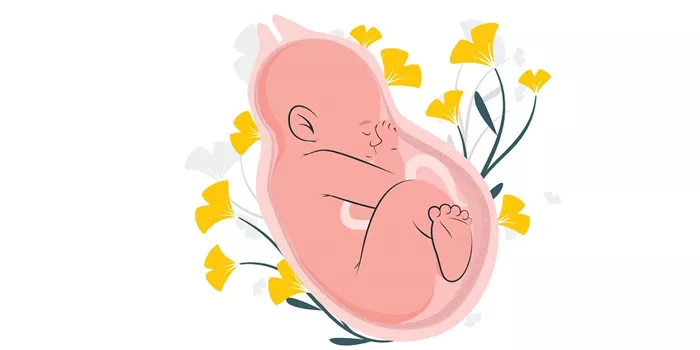As the world observes World IVF Day, one persistent concern surrounding in vitro fertilization (IVF) is whether it increases the likelihood of autism spectrum disorder (ASD) in children. Recent studies, including one published in JAMA Network Open, have highlighted a marginally higher risk of ASD among children born through IVF, particularly in cases involving parents with infertility issues.
However, Dr. Sadashiv B, an expert in reproductive health, emphasizes that there is no direct cause-and-effect relationship between IVF and autism. She explains that while IVF is associated with a slightly increased risk of perinatal issues, these are often linked to factors such as multiple pregnancies, advanced maternal age, and the infertility itself, rather than the IVF procedure alone.
Dr. Sadashiv B cites a comprehensive study from the United States involving 5.9 million births in California. This research found an association between IVF and autism but noted that when accounting for factors such as maternal age and social status—variables more prevalent among those undergoing IVF—the correlation significantly diminished. The remaining risks associated with autism are largely attributed to complications like multiple births and preterm delivery, which can be reduced by opting for single embryo transfers during IVF.
Regarding autism risk factors, Dr. Sadashiv B outlines several key elements. Genetic and environmental factors play a major role, with over 100 genes linked to autism. Prenatal risk factors include infertility, maternal metabolic and inflammatory conditions, and epigenetic changes in offspring. Additionally, adverse pregnancy outcomes such as cesarean sections, multiple pregnancies, and preterm births are associated with a higher ASD risk.
To mitigate these risks, Dr. Sadashiv B recommends efforts to reduce multifetal pregnancies following IVF and the development of tailored pregnancy care plans for those with fertility issues. She addresses common misconceptions about IVF, stating that while there is a perceived link to congenital anomalies and neurodevelopmental disorders, these concerns are often overshadowed by more significant factors like genetics, maternal age, and socio-economic status.
Dr. Sadashiv B reassures prospective parents considering IVF that the procedure itself is not inherently harmful but should be pursued judiciously. She advises against delaying treatment due to concerns over autism risk, as maternal age significantly affects IVF success and may increase the likelihood of congenital anomalies. By minimizing the number of IVF procedures and focusing on single embryo transfers, the potential for epigenetic modifications can be reduced.
In summary, while some studies suggest a slight increase in autism risk associated with IVF, the evidence is nuanced and influenced by a variety of factors. IVF remains a viable option for those in need, provided it is managed with care and consideration of all associated risks.
Related Links:

























